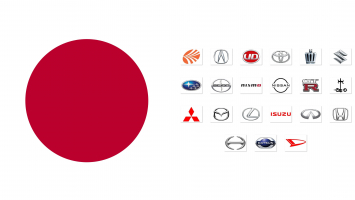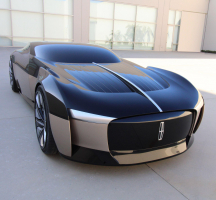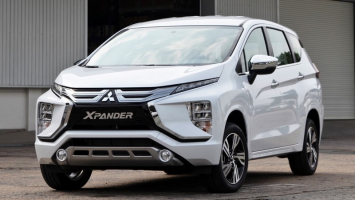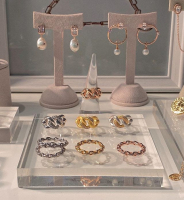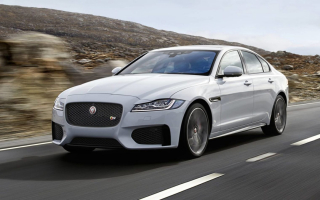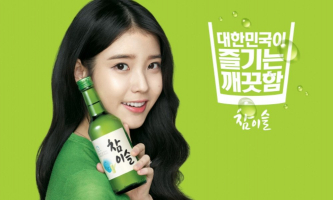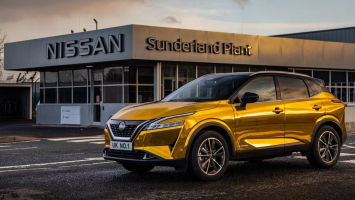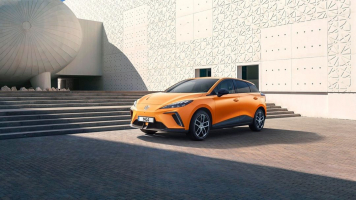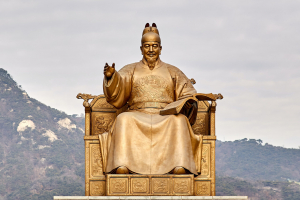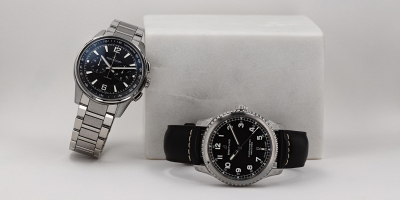Top 6 Famous Car Manufactors in Korea
Korea, the world's fifth-largest automobile manufacturer, uses technological advancements to build high-quality vehicles for export and personal use. South ... read more...Korea is contending for the largest part of the vehicle market with European and American automobile manufacturers. Toplist will present you with the greatest Korean automobile manufacturers on the market.
-
Hyundai Group was a South Korean multinational conglomerate based in Seoul. Chung Ju-yung created it in 1947 as a construction corporation, and Chung was in full charge of the company until his death in 2001. Following the 1997 East Asian financial crisis and Chung's death, Hyundai suffered a dramatic reorganization and break-up, reducing the Hyundai Group's operations to only container shipping services, elevator manufacture, and tourism. Today, the majority of enterprises that carry the brand Hyundai are not legally affiliated with the Hyundai Group. If these enterprises were deemed to be part of a single massive family business, it would continue to be South Korea's largest corporation, with great economic and political power in the country.
This South Korean multinational automobile corporation is the biggest vehicle brand in the Korean market and ranks 11th among the world's major automobile corporations. Hyundai manufactures Sedans, Hatchbacks, Sports Cars, SUVs, Vans, Commercial Vehicles, and Engines. It is also well-known for Korean luxury automobiles and Korean sports cars. It runs the world's biggest integrated vehicle production complex, capable of producing 1.6 million units each year. This Korean automaker distributes automobiles in 193 countries and employs around 80,000 people globally. Hyundai had two subsidiaries, Kia Motors (32.8 percent) and Genesis Motors (32.8 percent) (100 percent ).
This Korean automotive brand's emblem is a representation of respect, trust, and a mutual tie between the corporation and its customers. The brand logo depicts two human figures, one representing the client and the other representing the firm, linked in a handshake. Hyundai produces automobiles with distinctive styles and high quality. Veloster, Santa Fe, Elantra, and Tucson are some fantastic instances of their innovative designs that have achieved popularity quickly. With a portfolio that includes a premium sedan, a sports coupe, and two new SUVs set to debut in 2020, this Korean automaker is poised to compete with Western automakers.
Detailed information:
Founded: 1967
Founder: Chung Ju-Yung
Headquarters: Seoul, South Korea
Parent Company: Hyundai Motor
Website: https://www.hyundai.com/kr/en
Popular Product: Hyundai i30 (2020)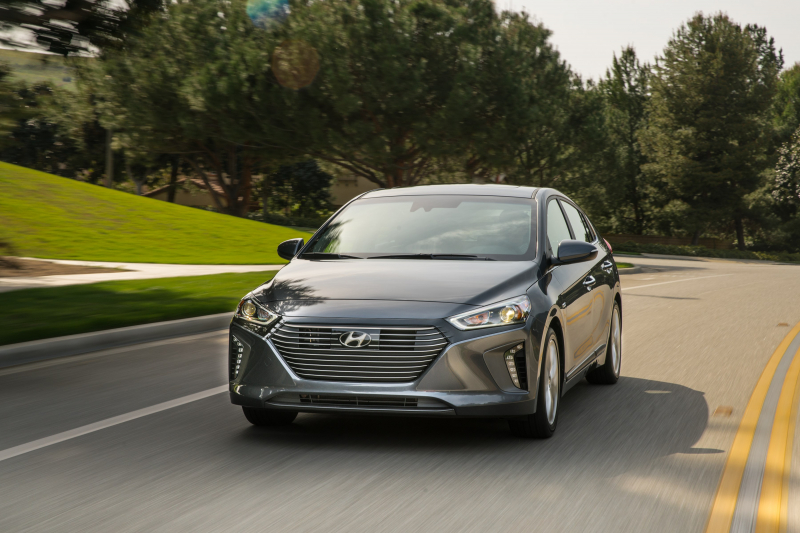
Hyundai 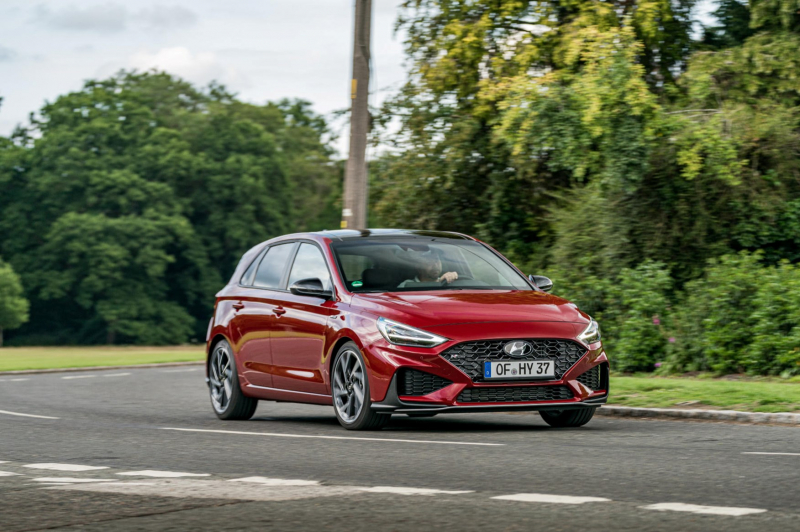
Hyundai -
Kia is the second biggest Korean automaker, and it sells its vehicles all over the world except in Japan. This premium automobile manufacturer focuses on passenger cars, business vehicles, hybrid electric vans, and South Korean SUVs. Kia produces over 3 million automobiles per year and employs nearly 65k people across 14 production units in five countries. Hyundai, Korea's leading brand, is its sibling firm and controls 33.88 percent of Kia Motor Corporation. They possess a combined 70% of the South Korean auto market as sibling enterprises.
It is the oldest Korean automotive company, having been founded in 1944. Kia began by manufacturing bicycle parts before introducing its first passenger automobile in 1974. Until 1981, this Korean automaker produced the tiny Brisa line of automobiles, but owing to industry consolidation, it was forced to discontinue production of passenger cars. Kia returned to the vehicle business in 1986, partnering with Ford. During the Asian financial crisis in 1997, South Korean carmaker neared bankruptcy, prompting a 1998 deal with Hyundai to diversify by trading ownership between the two businesses. The creation of the KIA K131, which set the brand's future, was a watershed moment for this Korean luxury automobile manufacturer.
Kia has an excellent value-for-money ratio. Kia also supports major athletic events such as FIFA, UEFA, NBA, LPGA, and the Australian Open tennis championship, which has helped the firm build consumer respect and confidence.
Detailed information:
Founded: 1944
Founder: Unknown
Headquarters: Seoul, South Korea
Parent Company: Hyundai Motor
Website: www.kia.com
Popular Product: Kia Niro SUV
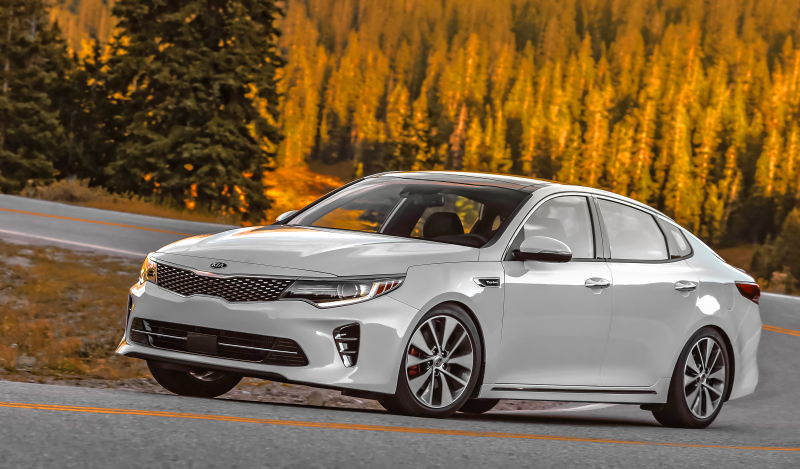
Kia Motors 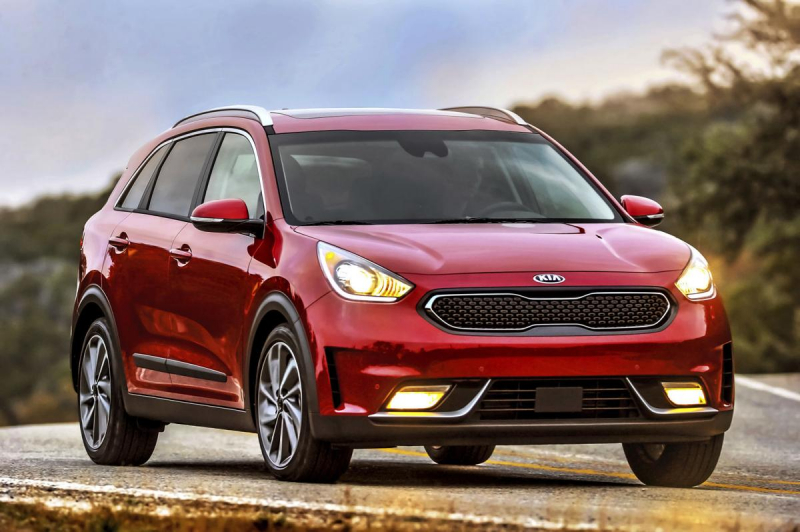
Kia -
This General Motors affiliate is South Korea's third-largest vehicle producer. GM Korea has the potential to produce 9.2 million completed vehicles, as well as 1.4 million engines and gearboxes, at four local South Korean sites. This Korean automaker sells region- and brand-specific car assembly kits to General Motors affiliates in Australia, Brazil, Colombia, China, Germany, India, Mexico, and the United States. It also manufactures car kits for Buick, Chevrolet, Holden, and Open, which are sold in over 150 markets across six continents.
GM Korea's origins may be traced back to Shinjin Motors, which was acquired by General Motors when Toyota withdrew from the firm. However, in 1976, the name was changed to Saehan Motors. In 1976, the Korean Development Bank took over operations due to a lack of funding. This Korean automobile manufacturer was bought by Daewoo Group in 1982, and the name was changed to Daewoo Motor. Following the Asian financial crisis, Daewoo purchased SsangYong in 1998, but the company fell into financial difficulties and was sold to GM subsidiary SAIC in 2001. The majority of previous Daewoo vehicles were rebadged as Chevrolets. Cadillac, GM's premium subsidiary, is also accessible in South Korea.
After a few brand changes and agreements, GM Korea is presently South Korea's third-largest vehicle firm. The 2002 Daewoo Lacetti, which became a GM global vehicle, was the first car built under the current brand. This South Korean automaker controls 7.2 percent of the South Korean vehicle market. Chevrolet Captiva, Chevrolet Malibu, Chevrolet Orlando, and Damas/Labo are just a few of the popular vehicles made by GM Korea.
Detailed information:
Founded: 2002
Founder: Not Known
Headquarters: Bupyeong, Incheon, South Korean
Parent Company: General Motors Investment Pty Ltd.
Website: www.gm-korea.co.kr
Popular Product: Chevrolet Trax
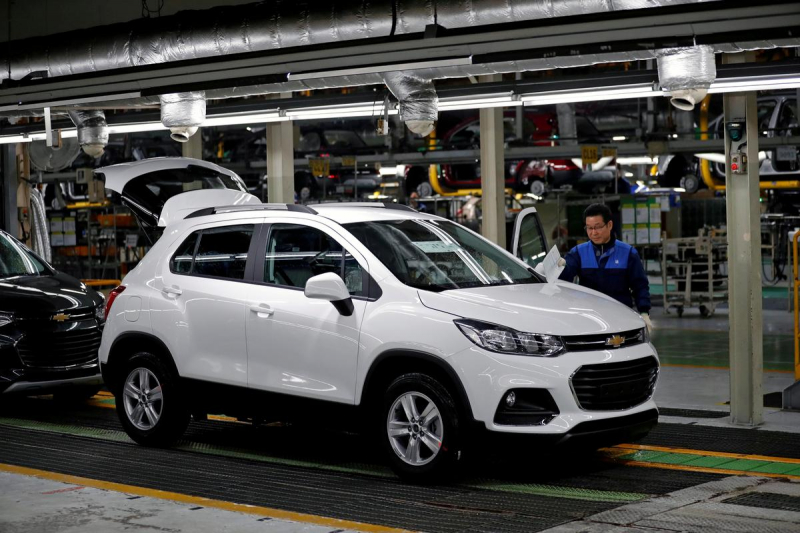
GM Korea 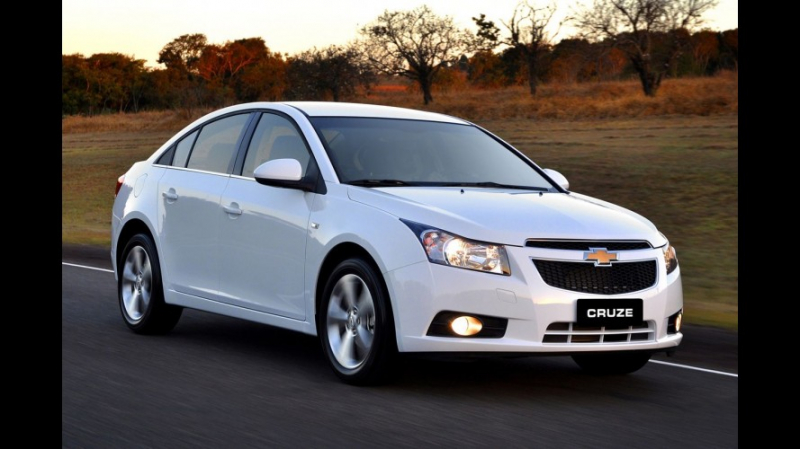
GM Korea -
SsangYong Motor is a division of the Indian multinational automobile manufacturer Mahindra & Mahindra. It focuses on SUVs, Pickup Trucks, Vans, Buses, and luxury vehicles. However, it only exports SUVs and premium vehicles through 1,600 sales shops in 126 countries. This Korean automaker is well-known across the world for its cutting-edge design and high performance.
This Korean automaker began as two different companies: Ha Dong-hwan Motor Workshop (founded in 1954) and Dongbang Motor Co. (established in 1962). In 1963, the two businesses united to become Ha Dong-hwan Motor Co., which rebuilt jeeps, trucks, and buses for export to the United States. SsangYong Business Group purchased the firm in 1986. SsangYong began a technological relationship with Daimler-Benz in 1991 to build SUVs using Mercedes-Benz technology. SAIC acquired a 51 percent share in SsangYong Motor Company in late 2004. After some financial challenges, Mahindra & Mahindra Ltd. purchased the firm in 2011 to assist it in reaching its pinnacle of success, and it truly worked.
This Korean automaker is stepping up its efforts to develop innovative designs and technology that can achieve great driving performance while still reflecting the company's real personality. This Korean automaker's greatest models are the Tivoli, Chairman W, Rexton W, and Korando.
Detailed information:
Founded: 1954
Founder: Not Known
Headquarters: Seoul, South Korea
Parent Company: Mahindra & Mahindra Limited
Website: www.SsangYong.com
Popular Product: Tu SUV con Etiqueta ECO
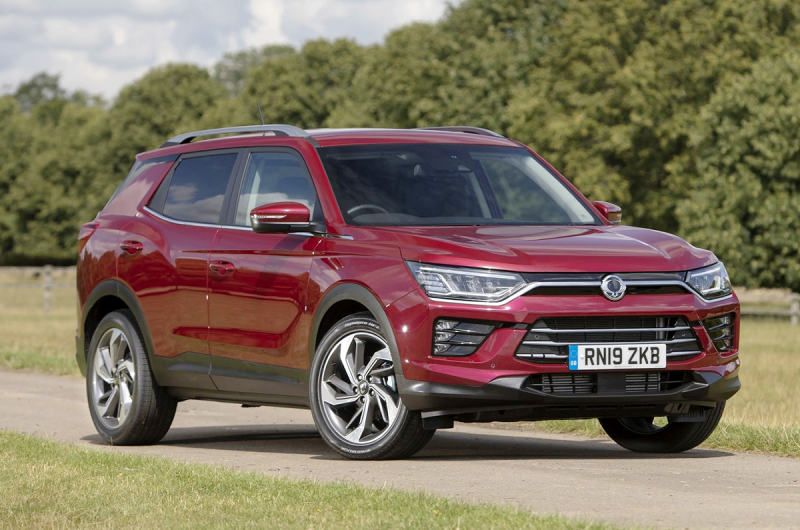
SsangYong Motor Company 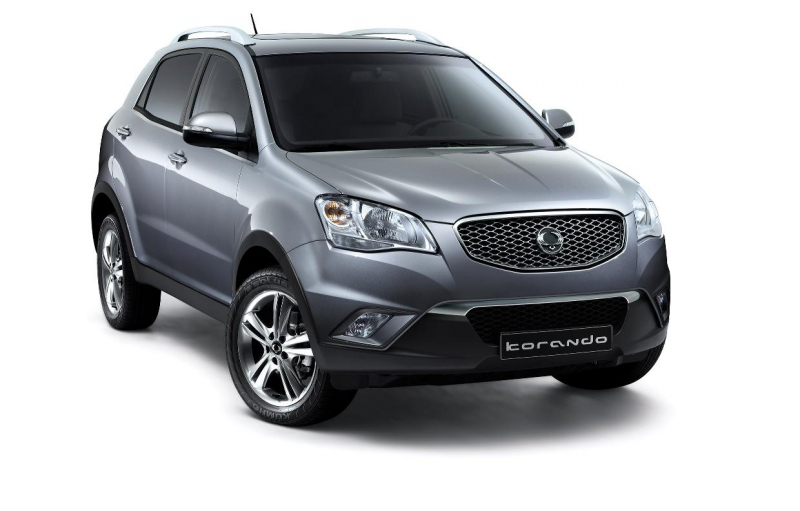
SsangYong Motor Company -
This Korean luxury automobile manufacturer is well-known for its excellent service, cutting-edge technology, high quality, and luxury. This Korean automaker specializes in premium vehicles, electric vehicles, and crossovers. Renault Samsung was just rated number one in sales and after-sales customer satisfaction for the 15th straight year. It sold 99,846 automobiles in 2017, propelling it to the top five car manufacturers in Korea.
The company was founded in 1994 as Samsung Motors, with technological aid from Nissan. However, during the Asian financial crisis in 2000, Renault purchased it and renamed it Renault Samsung Motors. Renault now owns 80.1 percent of the company, while Samsung owns the remaining 19.9 percent. The Renault Samsung SM5 was the company's first automobile, which raised sales and created trust in the model among the rest of their client base. Renault Samsung evolved into an export-oriented automaker, exporting under the Nissan or Renault name. Vehicles from this Korean automaker are commonly referred to as the Nissan Rogue in the United States and Canada.
The seven Renault Samsung Motors vehicles are different in their own right, each with its own set of features, and are intended to please demanding clients searching for cutting-edge technology. The QM5, for example, combines the comfort of a sedan with the internal size of an MPV, and the SM7 is a versatile, energetic car with exceptional drivability in all conditions.
Detailed information:
Founded: 2000
Founder: Not Known
Headquarters: Busan, South Korea
Parent Company: Renault
Website: www.renaultsamsungm.com
Popular Product: Renault Samsung Motors XM3 Inspire
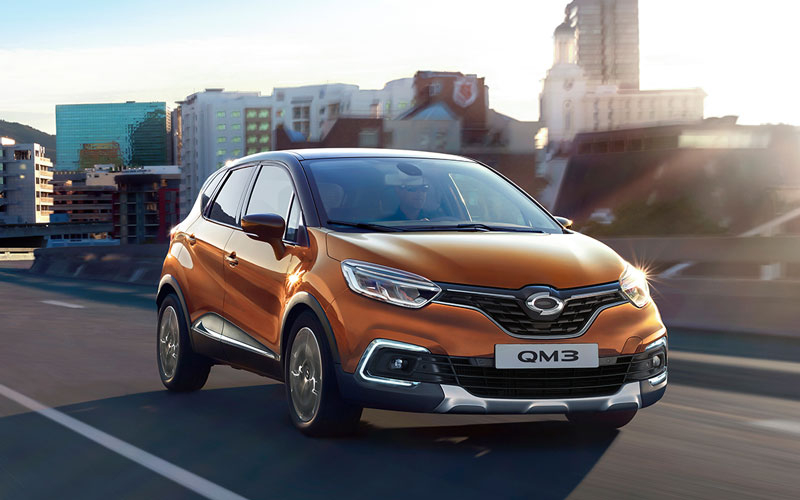
Renault Samsung Motors 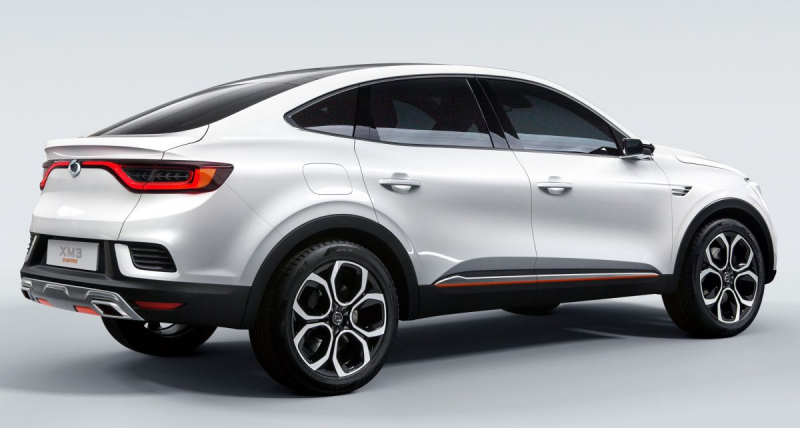
Renault Samsung Motors -
Motors for Prototypes Han-chul Kim, a former SsangYong designer, and his wife, an Asia Motor Company researcher, launched Proto Motors in 1997 as a sports vehicle company. After being acquired by Oullim Group in 2007, the firm was renamed Oullim Motors, however it has also been defunct since 2017. Proto Motors was a sports car manufacturer and coachbuilder based in South Korea. It was founded in 1997 and has collaborated with Hyundai Motor Company, Kia Motors, and GM Daewoo. At the 4th Seoul Motor Show, it debuted the Spirra (a production model of the PS-ll). At the moment, the firm focuses on reworking existing models and creating electric vehicles or convertibles based on them.
Proto Motors is a Korean vehicle company that primarily produces buses, electric automobiles, and sports cars. After CT&T United, the firm has collaborations with GM Daewoo, Kia Motors, and Hyundai Motor Company and is one of the finest makers of electric automobiles. The Spirra, a convertible electric automobile, was just presented by the business. The business created its own custom-made convertible limousine for South Korea's presidential house, the Cheongwadae, in 2001.
Proto Motors designed the series with a conventional supercar layout in mind, with a midship-mounted engine for optimal weight distribution and a low center of gravity. A tubular steel space frame with aluminum subplates was used, offering the structural stiffness required for a high-performance street motorcycle without the expensive expense of a tub-chassis or monocoque design. It's also great for low-volume manufacturing runs, such as this one. A mix of carbon fiber and pressed steel panels is bonded to the frame, making it very lightweight. That is why this brand is gaining so much attention these days.
Detailed information:
Founded: 1997 – Present
Founder: Han-chul Kim
Headquarters: South Korea
Founder/Parent Company: Not Available
Website: https://www.proton-motor.de/Popular Product: Forza Motosport 2
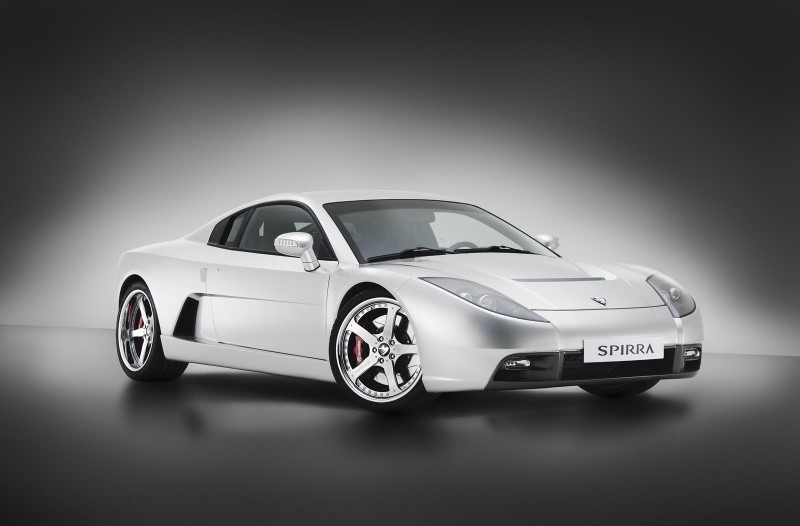
Proto Motors 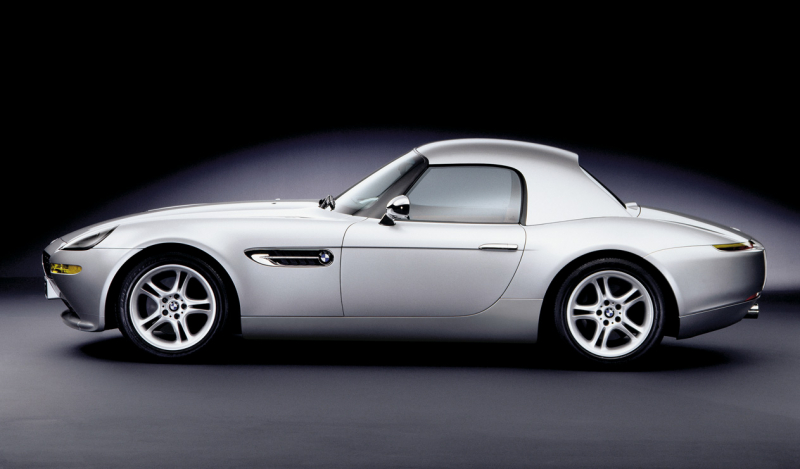
Proto Motors








